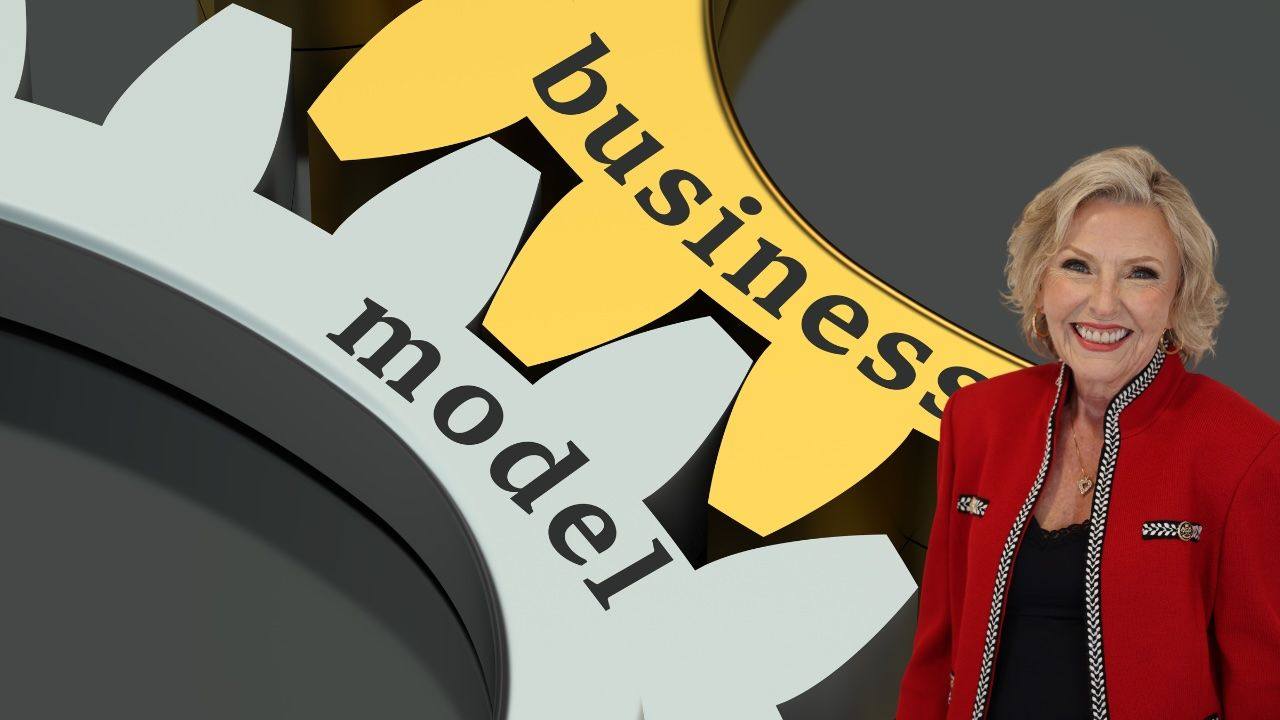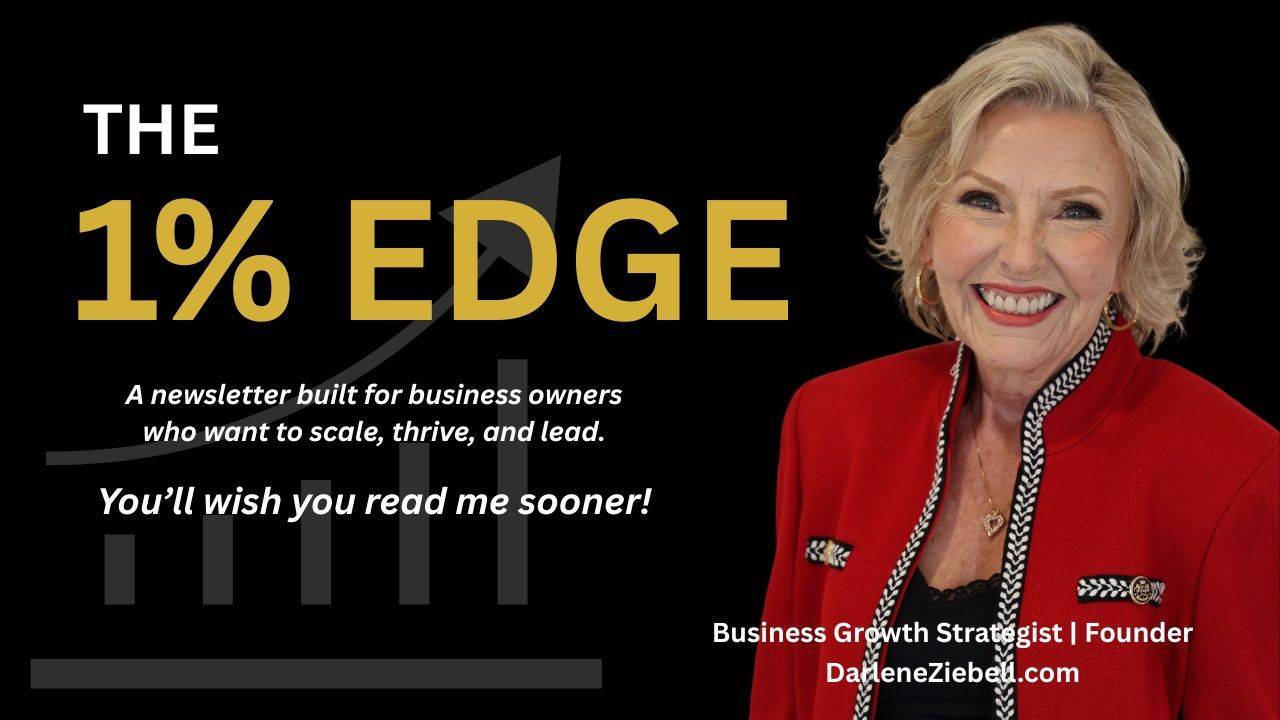The Silent Stress of Success
You worked hard to build your business.
You fought to get your first few clients.
You made tough decisions, late-night sacrifices, and risky moves — all to get where you are today.
And now?
You’ve hit 7 figures.
Maybe even 8.
From the outside, it looks like you’ve made it. You’re the model of what business success should look like.
But behind the scenes, there’s a different story.
One you rarely talk about.
Because no one warned you that success would come with this kind of pressure.
This kind of isolation.
This kind of… stress.
😐 When Growth Starts to Feel Heavy
No one talks about what happens after the initial wins.
You spent years building momentum — and now that you’ve “arrived,” you’re quietly overwhelmed. Not because you’re failing. But because the weight of maintaining success is relentless.
You’re leading a team.
You’re managing client expectations.
You’re the final decision-maker for everything — and that role doesn’t end at 5 p.m.
And while the business is running — maybe even thriving — it’s taking a toll you didn’t expect.
You’re exhausted, overbooked, and always “on.”
Sound familiar?
🔇 The Stress No One Talks About
This isn’t burnout in the traditional sense. You’re not falling apart — yet.
But you feel it:
-
You can't unplug without guilt.
-
Everyone relies on you for answers.
-
Delegation sounds good, but you still do too much yourself.
-
You’re starting to wonder, “Is this really what success is supposed to feel like?”
This is the silent stress of success.
And I’ve seen it take down even the most talented business owners — not because they failed, but because they succeeded faster than they were prepared for.
🧭 Why Success Can Feel Like Survival
I work with many business owners who come to me after hitting their financial goals — and realizing they’re more stressed now than they were at startup.
Why?
Because success shifts your role.
At the beginning, you’re building. You're in motion. Every milestone feels like progress.
But once the business is “working,” your focus changes from creation to preservation.
And preservation comes with pressure:
-
How do I keep this going?
-
What if I lose a key client?
-
What if my team leaves?
-
What if my next move is the wrong one?
When you’re growing, you’re energized.
When you’re trying to sustain, you can feel stuck — even scared.
And that fear? It doesn’t show up as panic.
It shows up as long nights.
Short tempers.
Delayed decisions.
A creeping sense that you’re always behind, even when you’re ahead.
👤 You Can’t Talk About It — and That’s the Problem
The higher you rise, the lonelier it can feel.
You can’t vent to your team — they depend on your confidence.
You can’t always talk to your spouse — they might not understand the stakes.
Your peers are too busy to compare notes — and your competitors? Forget it.
So you smile. You push through. You show up like everything’s fine.
But inside, you’re carrying a mental load no one sees.
And eventually, that stress affects your clarity, your energy, your health — and yes, your bottom line.
✅ What to Do Instead of Powering Through
Here’s what I tell my clients — the ones who’ve built 7- and 8-figure businesses and still call me saying, “I’m tired, and I don’t know why.”
1. Treat stress as a signal, not a weakness.
Stress doesn’t mean you’re not cut out for this. It means your systems haven’t caught up with your growth.
Success exposes cracks — in your processes, in your team, in your role.
Pay attention to those signals.
2. Audit your role in the business.
Ask yourself:
-
What am I doing that someone else could do better?
-
Where am I the bottleneck?
-
What tasks drain me vs. energize me?
Owners who grow sustainably delegate with intention. Not just to offload — but to elevate their role to where they bring the most value.
3. Build systems that reduce your daily involvement.
You shouldn’t have to answer every question or review every task.
That’s a sign your team is dependent — not empowered.
Systematize repeatable processes. Document everything. Build a business that can run without you, not just because of you.
4. Start thinking like a CEO, not a founder.
Founders hustle. CEOs build machines that run.
The mindset shift is subtle — but it changes how you hire, how you plan, and how you lead.
It’s not about working harder. It’s about architecting smarter.
🧩 Here’s the Good News
This stress?
It’s common.
It’s manageable.
And — if you handle it right — it’s temporary.
Because once you design your business to function without you being the glue…
Once you build a leadership team that thinks with you, not just for you…
Once you realign your structure, your role, and your strategy…
That weight starts to lift.
You regain your energy.
You get your clarity back.
You remember why you started this in the first place.
🗣 You Don’t Have to Do This Alone
If this article hit a nerve, you’re not the only one.
I’ve walked this path myself — and I’ve helped dozens of successful business owners do the same.
The silent stress of success is real.
But with the right strategy, it doesn’t have to be permanent.
🔑 Let’s Talk About What Comes Next
If you’re carrying more than your fair share, it’s time to stop and re-evaluate.
👉 Visit my website to schedule a private strategy session.
Let’s take an honest look at your business — and build a plan that lets you succeed without sacrificing your peace.
Because real success isn’t just numbers.
It’s building a business that supports your life — not one that drains it.







Responses